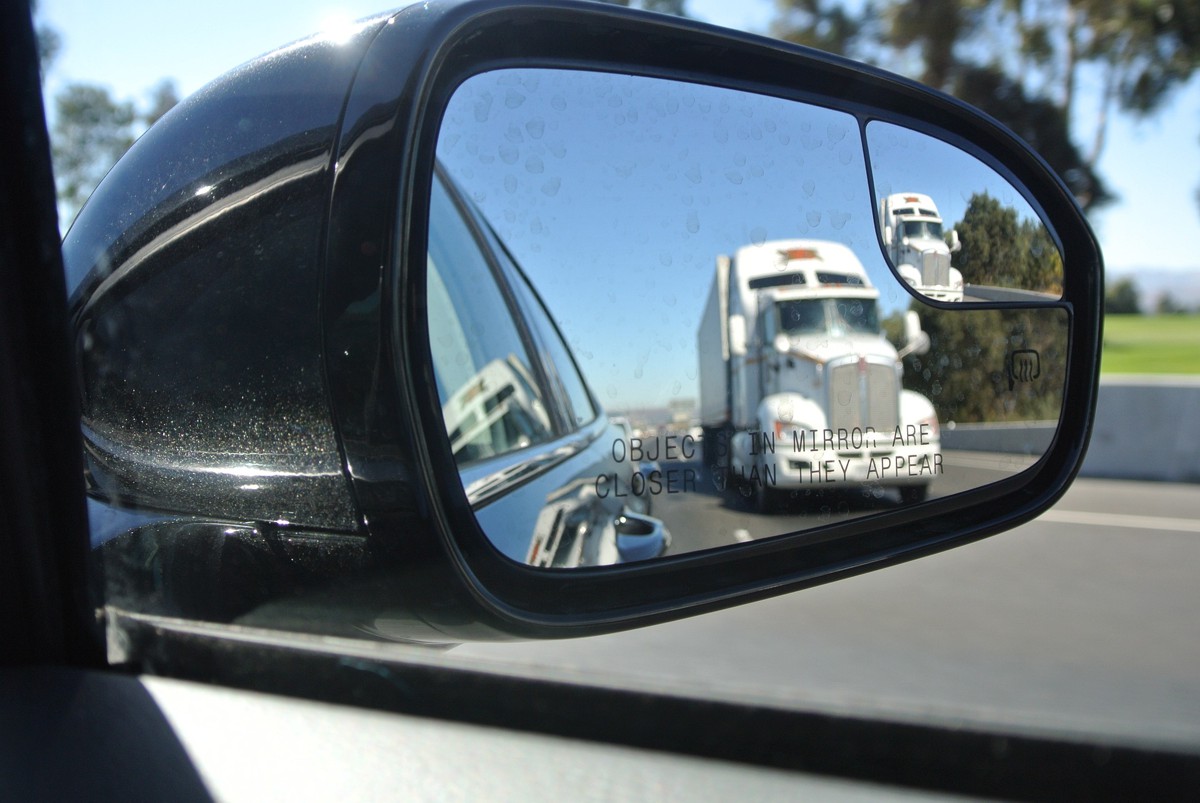Things to think about before learning to drive
Learning to drive is by no means a necessity in today’s world, but remains a rite of passage for many – and can be an extremely useful life skill to attain, no matter the stage of your life.
You might be newly 17, legally allowed to drive and chomping at the bit to get on the road, or you might be an adult hoping to improve your prospects with a new skill; whatever your situation, you’re reading this because you’re ready to learn to drive. But before you book your first lesson, what are some key things you need to bear in mind?

The Costs
First and foremost, it is key that you understand the cost associated with learning to drive. Lessons can be costly at the best of times, but certain instructors may have higher hourly rates. This is worth bearing in mind if you are intending to learn over a period of months, as the costs can mount – where a crash-course could be more viable for your situation.
The tests themselves also cost money. For a standard driver’s license, there are two key components: the theory test, and the practical driving test. The former test costs £23 per booking, while practical tests cost £62 – or £75 on weekdays.

Applying for a License
There are also some nuances to consider when it comes to applying for a license. For example, there are different classes of driver’s license depending on the kind of car you learn to drive – essentially, automatic or manual. It is possible to obtain an automatic driver’s license, which allows you to only drive automatic vehicles – while learning manual can allow you to drive both manual and automatic.
Driving automatic is, to some extent, easier, enabling you to increase your chances of a swift pass. But cost also plays into this decision, with automatic driving lessons more expensive than manual driving lessons. This is in large part due to the relative complexity of automatic car technology, and the resulting heightened insurance costs.

Choosing a Car
Lastly, but crucially, we come to choosing a car. This is a significant decision, and one that requires careful balancing of your budget and your needs. There are many different kinds of sale or purchase agreement, from buying outright to financing – all of which can apply just as well to buying a used Audi as they can to buying a brand new one from the showroom floor. Financing can help you afford better quality vehicles, but you should ensure the interest does not balloon.
Of course, the outright cost of the car itself is not the only cost you will need to account for. There are also running costs to consider, from petrol, oil and batteries to servicing, maintenance and even insurance. The running costs for petrol- or diesel-powered cars have risen considerably in the last 12 months, making budgeting all the more important.





























